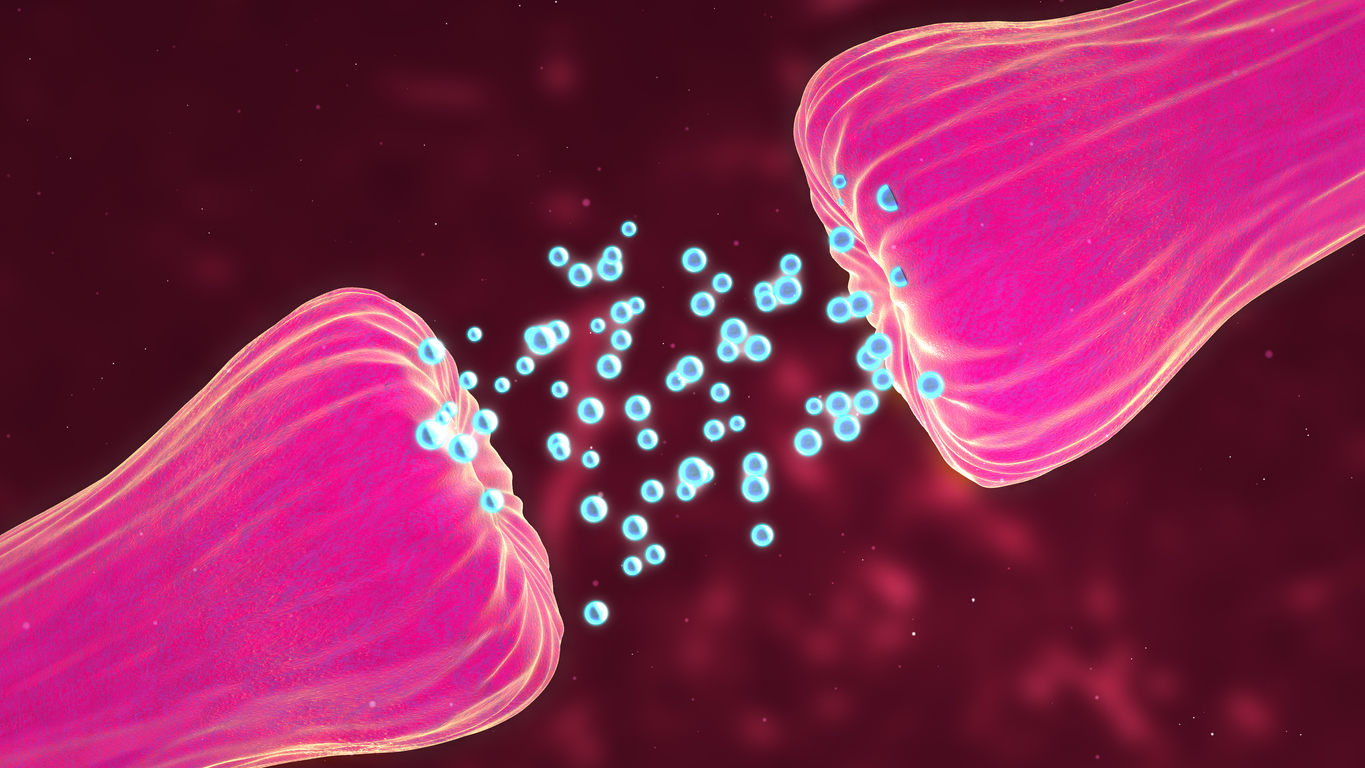Certain people are more sensitive to the signals sent by their meals. That is, people can’t stop thinking about food or can’t manage their eating habits. As a result, behavioural weight loss skills are insufficient for these individuals, thus researchers devised a novel therapy technique to meet this demand.
The study’s first author (Kerri N. Boutelle) is a professor at the University of California, San Diego’s Herbert Wertheim School of Public Health and Human Longevity Science, as well as the Department of Pediatrics in the School of Medicine.
Around 74 percent of adults in the United States are overweight or obese, according to statistics. Behavioral weight management programmes have become the gold standard for addressing obesity in recent years. Calorie counting is one of the most important aspects of these programmes. However, not everyone has the same reaction, and the majority of people who lose weight, usually end up gaining it back.
Losing weight might be especially difficult for people who have trouble managing their appetite. This feeding response is both inherited and influenced by an individual’s life circumstances and surroundings.
Researchers compared their intervention, known as Regulation of Cues, to a behavioural weight loss programme, a control group, and a cohort that combined Regulation of Cues with the behavioural programme in the clinical study Providing Adult Collaborative Interventions for Ideal Changes (PACIFIC).
Participants in the Regulation of Cues and Behavioral Weight Loss programmes lost weight at similar rates after 24 months.
When the frequency of clinic visits was reduced to once a month, participants in the Regulation of Cues arm of the experiment were able to stabilise and maintain their weight, whereas those in the other groups gained weight.
Weight-loss findings.
The findings imply that Regulation of Cues’ appetitive pathways may be especially crucial for weight loss in persons who struggle to avoid eating. The findings also mean that the appetitive pathways addressed by Regulation of Cues may be especially crucial for weight loss in persons who have trouble avoiding eating.
Being overweight or obese, according to the Centers for Disease Control and Prevention (CDC), increases the risk of cardiovascular disease, stroke, type 2 diabetes, and many cancers. All of these diseases are among the most preventable causes of death.
271 persons aged 18 to 65 took part in 26 different group therapy sessions over the course of a year. Everyone was instructed that they should engage in at least 150 minutes of moderate or strenuous physical exercise per week, depending on their inclinations.
Dietary restrictions were not imposed on participants in the Regulation of Cues study. Instead, it emphasised educating people how to recognise when they should eat using natural cues, improving desire tolerance, and reducing the desire to eat delicious foods even when they were not physically hungry.
When a person consumes appetising foods heavy in sugar, fat, salt, and other flavourings and seasonings, the brain’s reward system is triggered. Because of this mechanism, certain meals are infamous for being difficult to avoid.
Diet counselling, social support, and mindfulness education were provided in the control group. The behaviour weight loss programme pushed participants to resist the urge to overeat by prescribing a diet, restricting high-calorie foods, emphasising calorie control, and banning particular meals. During the behavioural weight reduction programme, the combined programme integrates parts of Regulation of Cues, such as hunger cue management, as well as an emphasis on nutrition and energy consumption.
Participants in a second randomised clinical trial being run is named “Solutions for Hunger and Regulating Eating,” as well as those at Boutelle’s UC San Diego Center for Healthy Eating and Activity Research, are given the chance to moderate their responses to stimuli.
This study endeavour was funded by the National Institutes of Health.
Story Source: Original release written by University of California – San Diego. Note: Content may be edited for style and length by Scible News.
References
Kerri N. Boutelle, Dawn M. Eichen, Carol B. Peterson, David R. Strong, Dong-Jin Eastern Kang-Sim, Cheryl L. Rock, Bess H. Marcus. Effect of a Novel Intervention Targeting Appetitive Traits on Body Mass Index Among Adults With Overweight or Obesity. JAMA Network Open, 2022; 5 (5): e2212354 DOI: 10.1001/jamanetworkopen.2022.12354






